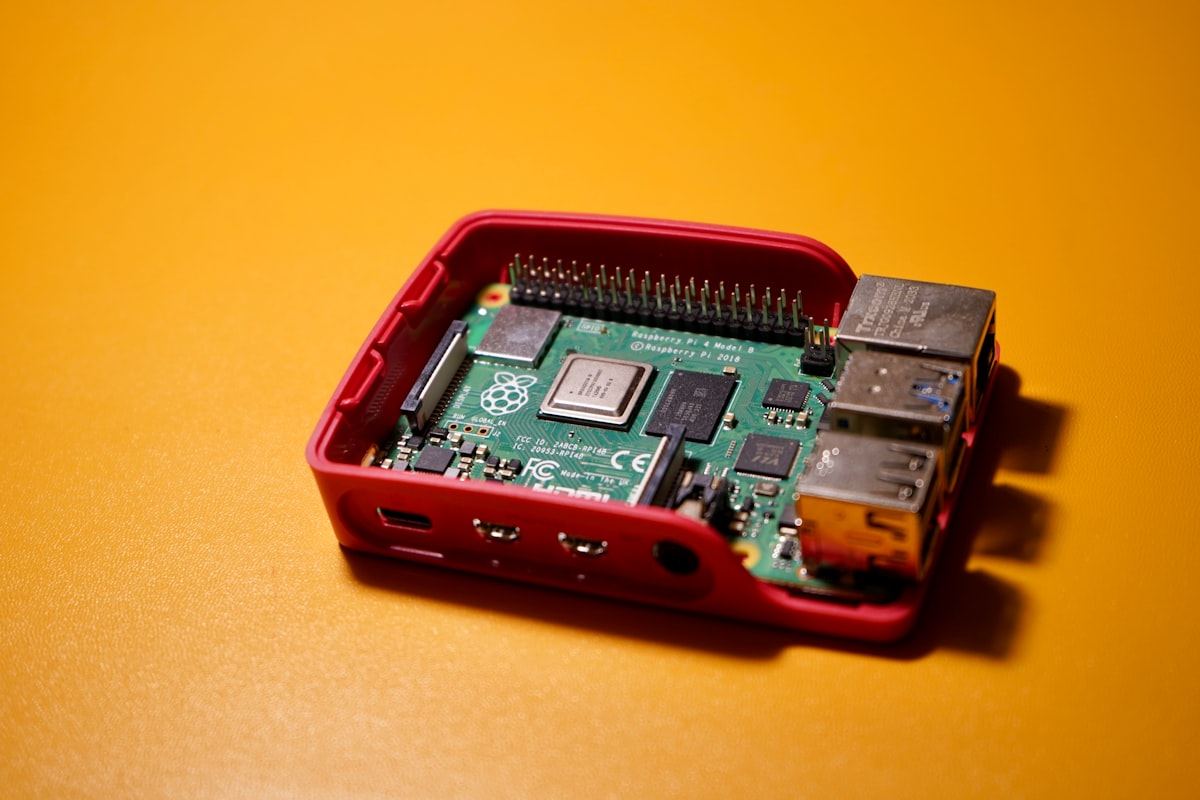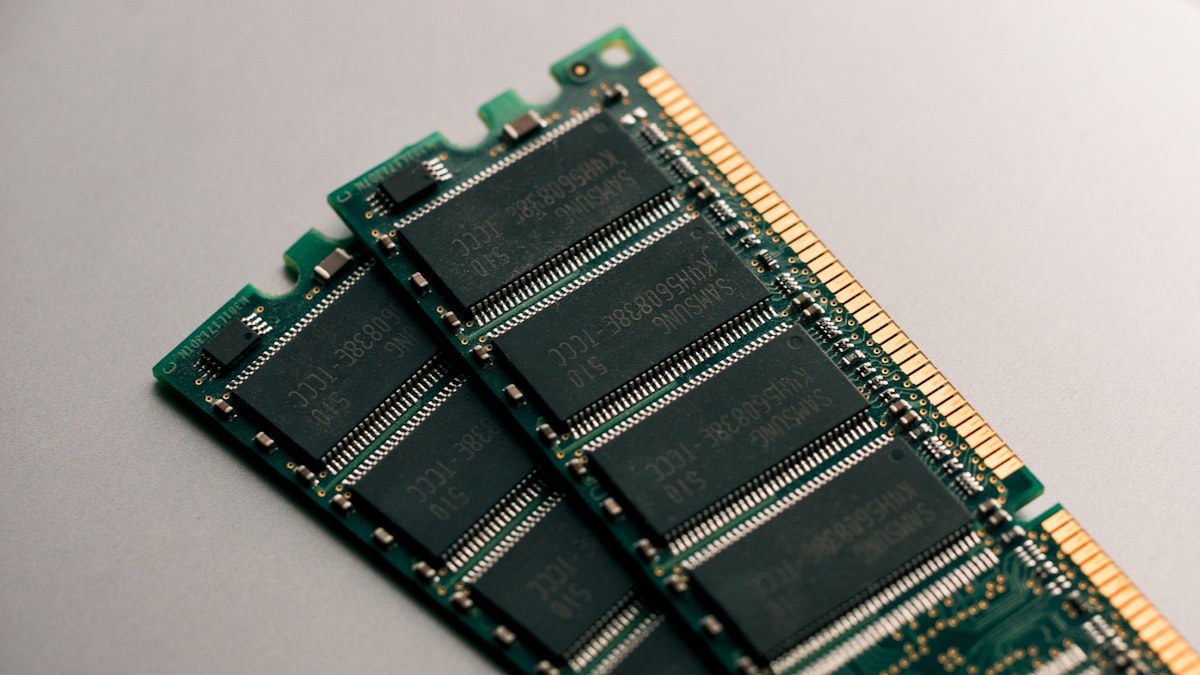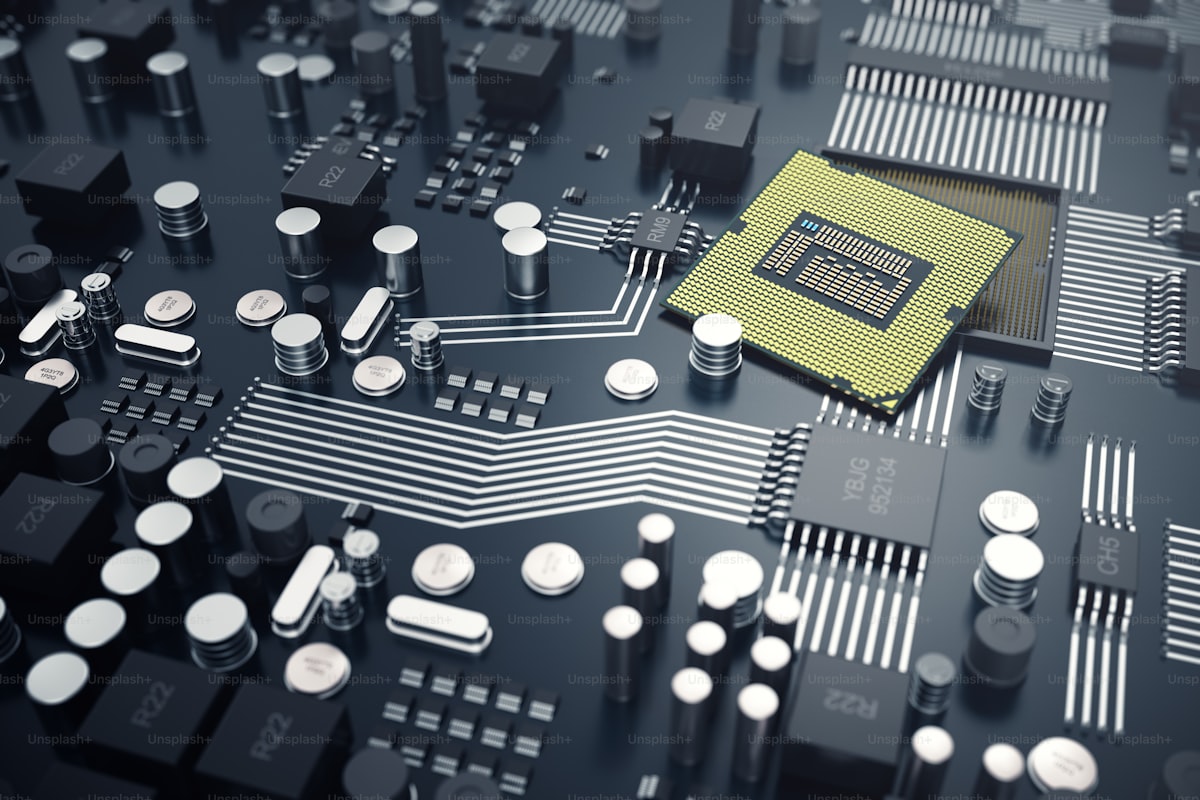The rapid advancements in artificial intelligence (AI) have sparked a debate about the potential for AI systems to eventually surpass human intelligence. While AI has made significant strides in recent years, achieving feats once thought to be exclusive to human cognition, the question of whether AI can truly outperform humans remains a subject of speculation and contemplation. In this article, we’ll delve into the complexities of this question, examining the capabilities of AI and the unique attributes of human intelligence to understand the possibilities and limitations of AI advancement.
1. Current State of AI:
- AI has made remarkable progress in various domains, including machine learning, natural language processing, computer vision, and robotics. AI systems can now perform complex tasks such as image recognition, speech synthesis, language translation, and autonomous driving with a high degree of accuracy and efficiency.
- Deep learning, a subset of machine learning, has propelled many AI breakthroughs by enabling systems to learn from vast amounts of data and extract meaningful patterns and insights. Deep learning algorithms power virtual assistants, recommendation systems, medical diagnostics, and other applications.
2. Areas of AI Supremacy:
- AI has already demonstrated superiority in certain domains, such as chess, Go, and poker, where AI-powered algorithms have defeated world champions and grandmasters. These achievements showcase AI’s ability to analyze vast amounts of data, explore complex decision trees, and make strategic choices with superhuman precision.
- In tasks involving repetitive and rule-based activities, AI systems can outperform humans in terms of speed, accuracy, and consistency. For example, AI-driven automation has revolutionized industries such as manufacturing, logistics, and customer service by streamlining operations and reducing human error.
3. Limitations of AI:
- Despite its impressive capabilities, AI still faces significant limitations compared to human intelligence. AI lacks common sense, intuition, creativity, empathy, and emotional intelligence, which are essential for understanding complex social interactions, interpreting ambiguous situations, and making moral judgments.
- AI systems operate within predefined parameters and cannot deviate from their programming or context. They lack self-awareness, consciousness, and the ability to experience subjective states, limiting their understanding of human emotions, intentions, and motivations.
4. Ethical and Societal Implications:
- The prospect of AI surpassing human intelligence raises ethical and societal concerns regarding job displacement, economic inequality, privacy invasion, algorithmic bias, autonomous weapons, and existential risks. As AI becomes more pervasive and autonomous, policymakers, researchers, and industry leaders must address these challenges to ensure the responsible development and deployment of AI technologies.
- Maintaining human oversight, accountability, transparency, and ethical standards is crucial for harnessing the potential of AI while mitigating its risks and unintended consequences. Collaborative efforts between governments, academia, industry, and civil society are essential for shaping AI policies, regulations, and frameworks that prioritize human well-being and societal values.
5. The Future of AI and Humanity:
- While AI has the potential to augment human capabilities, improve productivity, and enhance quality of life, its ultimate goal should be to complement, rather than replace, human intelligence. The pursuit of artificial general intelligence (AGI), or human-level AI, remains a long-term and challenging endeavor that requires interdisciplinary collaboration, innovation, and ethical stewardship.
- As AI continues to evolve, it is essential to foster a dialogue between technologists, ethicists, philosophers, and policymakers to ensure that AI development aligns with human values, aspirations, and aspirations. By embracing AI as a tool for empowerment, creativity, and innovation, we can shape a future where humans and machines coexist harmoniously and contribute to the betterment of society.
In conclusion, while AI has made significant strides in replicating certain aspects of human intelligence, the question of whether AI can surpass human intelligence remains open-ended. While AI may excel in specific domains and tasks, human intelligence encompasses a unique blend of cognitive, emotional, and social abilities that AI has yet to replicate fully. By embracing the opportunities and addressing the challenges posed by AI, we can chart a course towards a future where humans and intelligent machines collaborate synergistically to tackle the world’s most pressing challenges.
Source : CheapCpanel
Cheap Cpanel License







